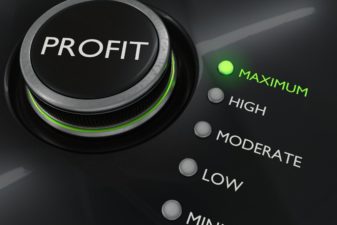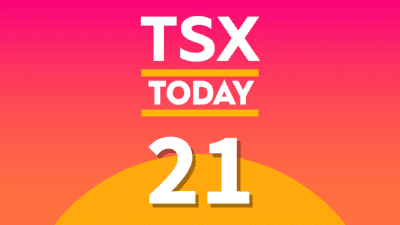Last night, the phrase “CPP and EI” trended on Twitter, as people debated the exact nature of each program. The debate began when a user claimed that “your CPP and EI taxes are going up.” That the premiums are increasing wasn’t disputed, but what was disputed was whether those premiums are taxes, as the original poster claimed.
In the dictionary sense, CPP and EI premiums aren’t taxes. According to Webster’s English dictionary, a tax is:
A charge usually of money imposed by authority on persons or property for public purposes
Webster’s English Dictionary
CPP and EI are not intended for “public” purposes (e.g. public infrastructure and services), but for private consumption. The money from CPP and EI payouts goes back to the people who pay into the programs. In the strictest sense of the word, then, CPP and EI aren’t taxes.
They certainly feel like taxes when you pay them, though, and they are collected by Canada Revenue Agency through tax remittances. So, it’s worth exploring whether CPP and EI might be taxes in some broader sense.
Why they might be considered taxes
While CPP and EI don’t meet the dictionary definition of the word “tax,” they are similar to taxes in some key ways.
First, they aren’t voluntary. Private employer pension plans often let you opt out if you don’t want them, CPP doesn’t. EI is not voluntary for employees, but is for the self employed. So these plans are not entirely optional. If you earn a living in Canada, you’ll pay into CPP, and probably EI as well.
Second, the collection of CPP and EI premiums is identical to that of taxes. Your employer sends tax money to the CRA, which later sends part of it to CPP and Service Canada. This is exactly how tax collection for any government program works.
Why they might not be
While CPP and EI resemble taxes in many ways, they are not taxes in the strictest sense of the word. As mentioned already, they don’t meet the dictionary definition of the term. On top of that, in at least one of the two programs — EI — you can opt out. If you are self employed, you are under no obligation to make EI payments. CPP isn’t optional, but the money is supposed to come back to you later. So, these programs are more like government administered employee benefits than taxes.
Foolish takeaway
If all of this talk about CPP and EI premiums has got you scratching your head, you’re not alone. Most Canadians don’t know how these programs work, leading to confusion come tax season.
Fortunately, there is one very straightforward way to lower your taxes no matter what.
Hold investments in a TFSA. If you hold stocks like Toronto-Dominion Bank (TSX:TD)(NYSE:TD) in a TFSA, the tax savings can be truly substantial. TD pays a dividend, and the TFSA spares you from paying any tax on the dividends you get from it. It also has the potential for capital gains, which the TFSA lets you opt out of as well. A stock like TD can deliver all kinds of returns, and the TFSA can reduce the taxes on the returns to zero. So, assuming you intend to invest, holding your stocks in a TFSA is an easy way to lower your tax.









